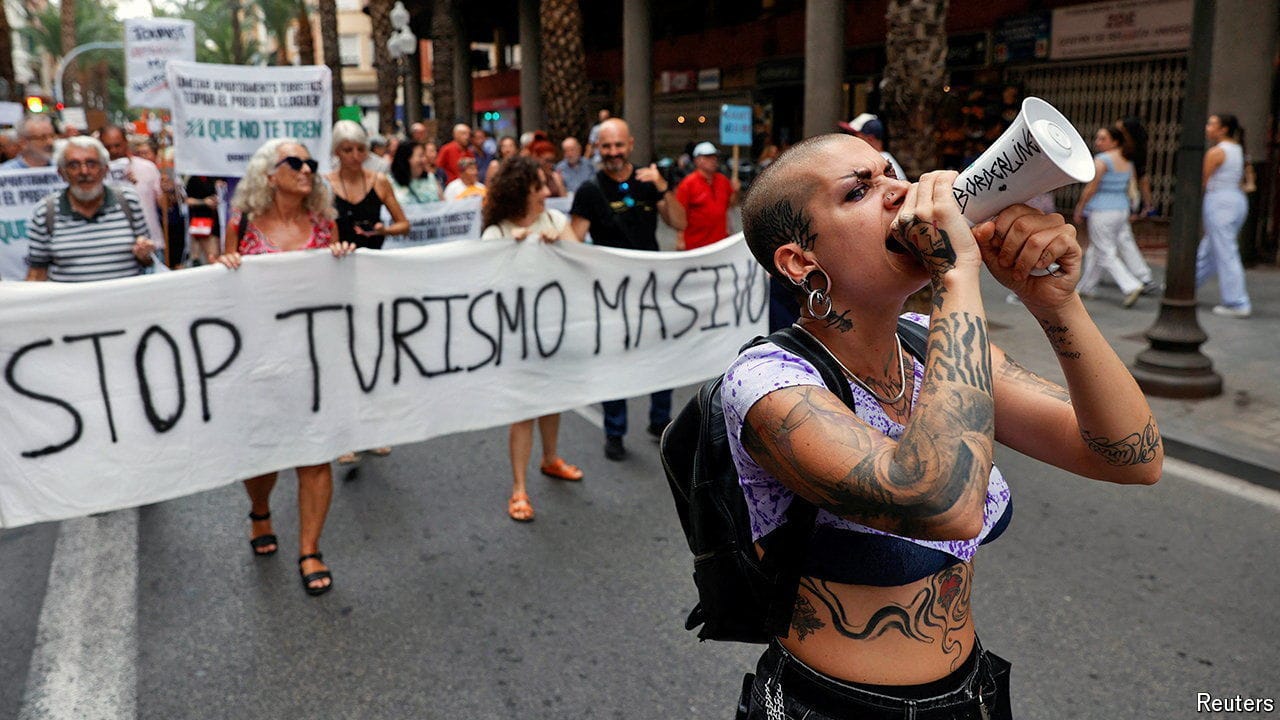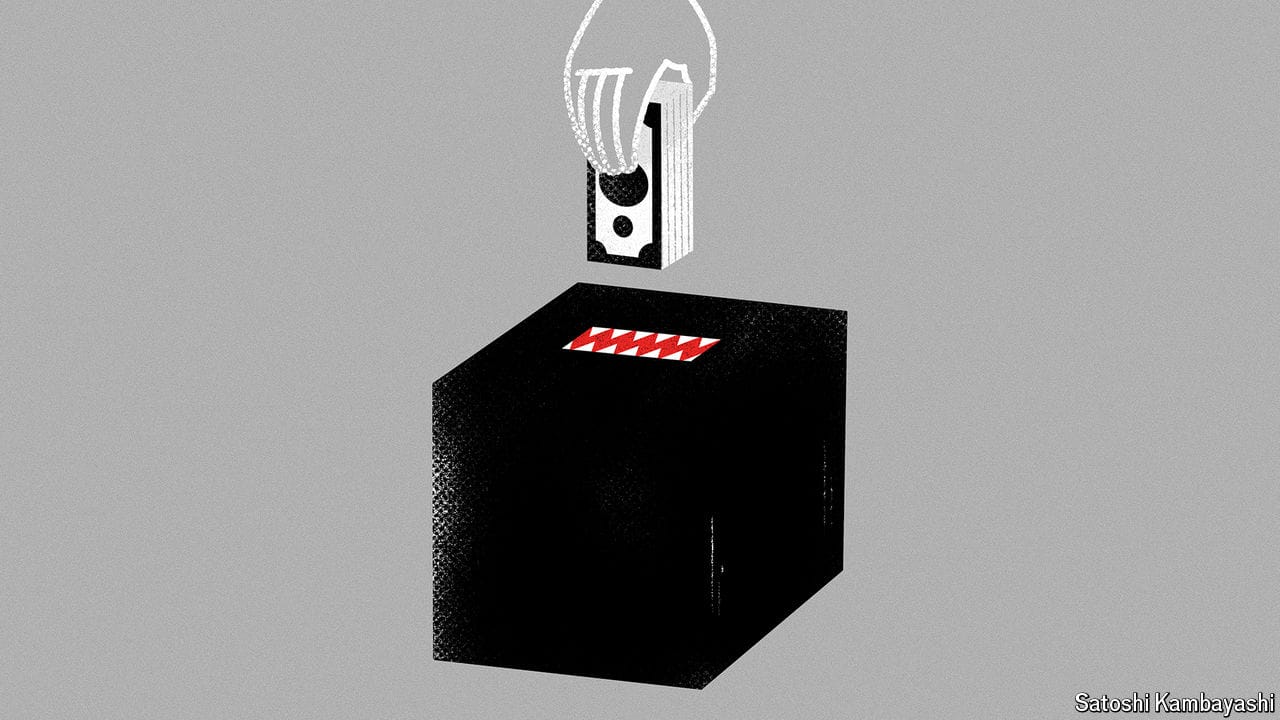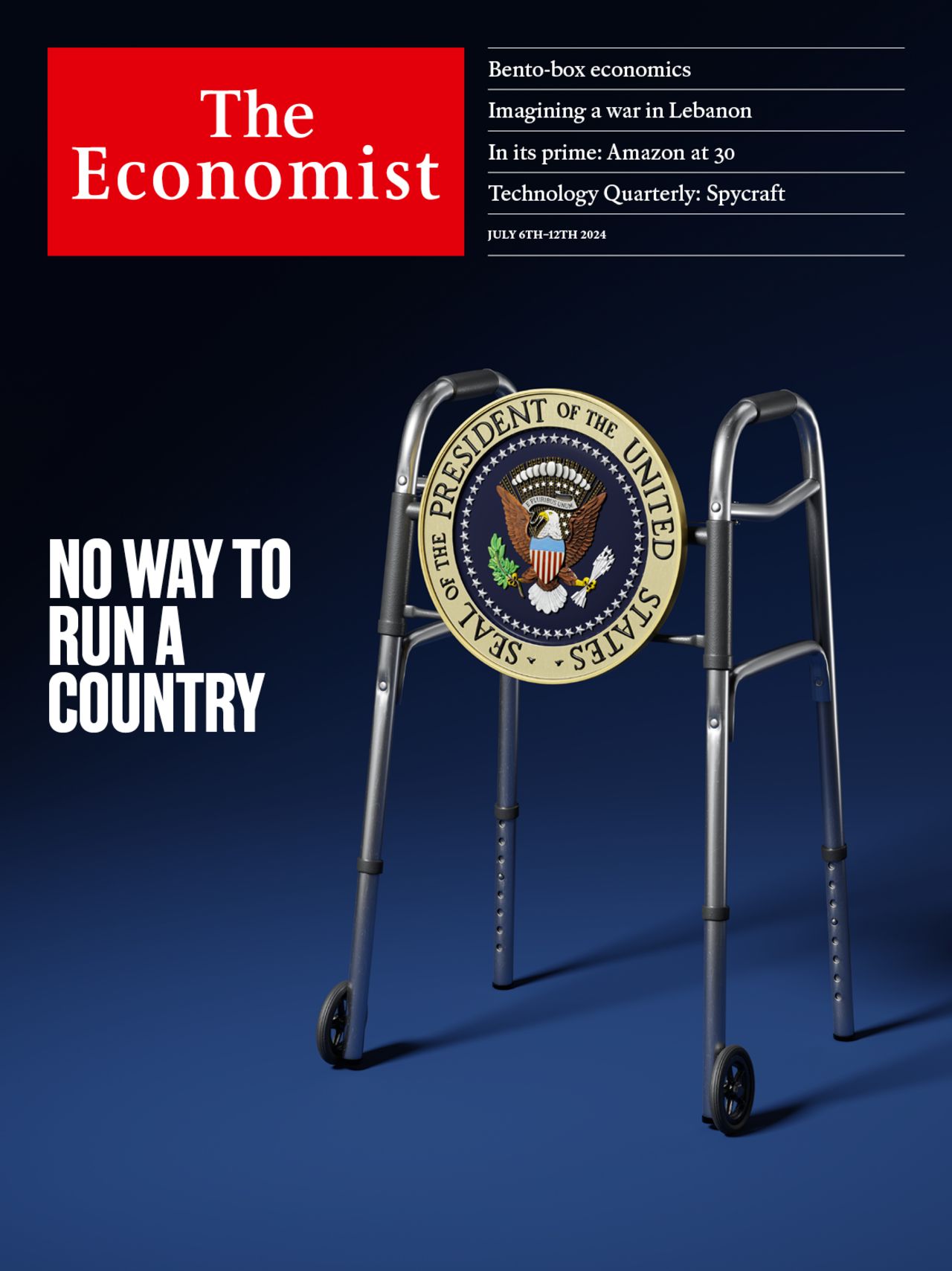How much cash should be removed from the financial system?
Undoing quantitative easing provokes fierce debate

The world is still, in a sense, swimming in cash. Or at least the electronic equivalent: central-bank reserves. The Bank for International Settlements (BIS), a club of central banks, estimates that the balance-sheets of rich-country central banks amount to roughly 50% of collective GDP. That is down from 70% in 2021—a reduction which reflects quantitative tightening (QT), or the offloading of assets acquired while easing—but is still far above the pre-global-financial-crisis norm of around 10%.
Explore more
This article appeared in the Finance & economics section of the print edition under the headline “Break the safe”
Finance & economics July 6th 2024
More from Finance and economics

China’s last boomtowns show rapid growth is still possible
All it takes is for the state to work with the market

What the war on tourism gets wrong
Visitors are a boon, if managed wisely

Why investors are unwise to bet on elections
Turning a profit from political news is a lot harder than it looks
Revisiting the work of Donald Harris, father of Kamala
The combative Marxist economist focused on questions related to growth
Donald Trump wants a weaker dollar. What are his options?
All come with their own drawbacks
Why is Xi Jinping building secret commodity stockpiles?
Vast new holdings of grain, natural gas and oil suggest trouble ahead
